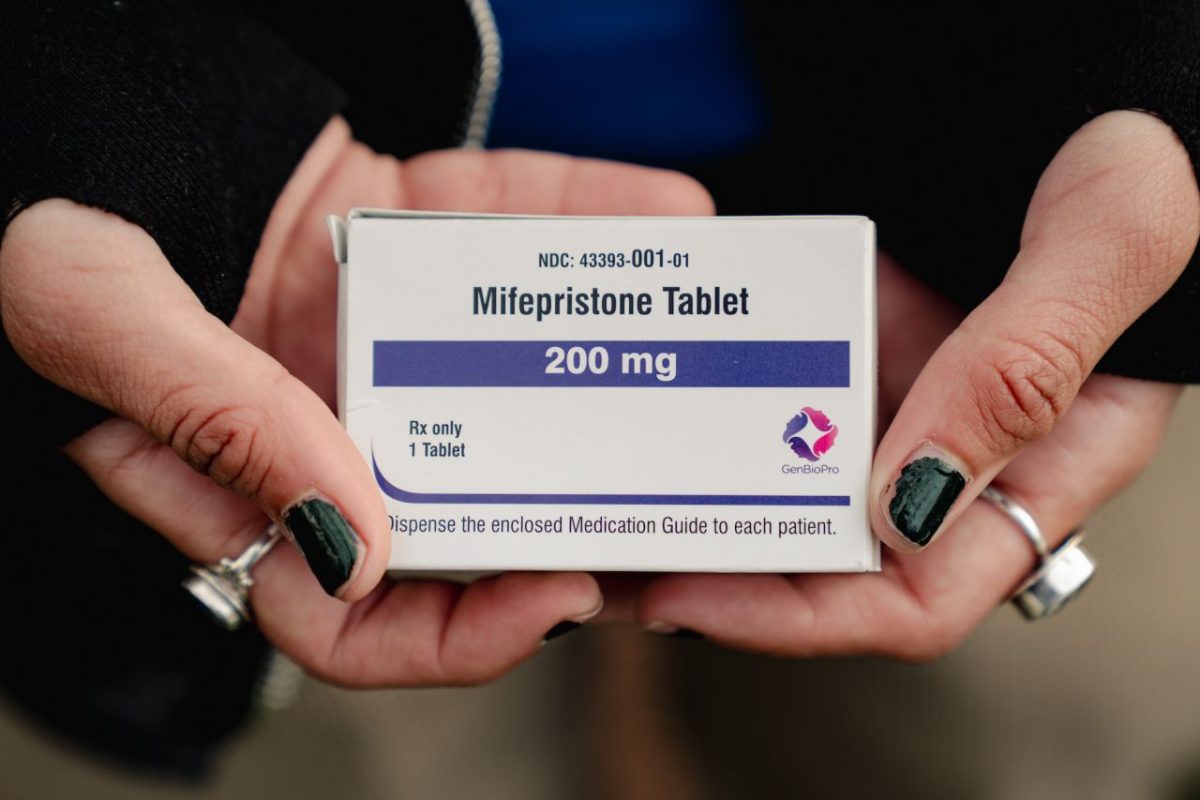CNN — The Supreme Court justices suggested that abortion opponents had other ways to seek stricter rules for abortion drugs in the court’s unanimous ruling that rejected a group of anti-abortion organizations and doctors challenging the Food and Drug Administration’s current regulations for a widely used pill.
He wrote that, under the Constitution, “a plaintiff’s desire to make a drug less available for others does not establish standing to sue.”
He said the court would not adopt the legal theories the challengers were pushing, warning that, “(that) path would seemingly not end until virtually every citizen had standing to challenge virtually every government action that they do not like.”
The appeal had been vehemently opposed by the pharmaceutical industry, which warned that a ruling that second-guessed the regulations for mifepristone could open the door to legal challenges targeting all sorts of medications.
Much of Kavanaugh’s opinion covered the various legal thresholds a plaintiff must reach to make it appropriate for courts to intervene in a dispute.
Turning to the anti-abortion doctors and medical groups that sued the federal government over the current regulatory regime for the drug, Kavanaugh wrote that the plaintiffs suffered neither the monetary injuries nor the physical injuries that could have established standing.
He noted that federal law already protects individual health care providers who have objections to performing abortions for moral reasons.
Justice Clarence Thomas wrote a concurrence to bring up other issues he had with the anti-abortion groups’ standing claims.






